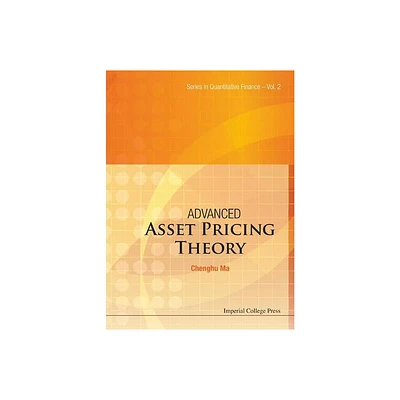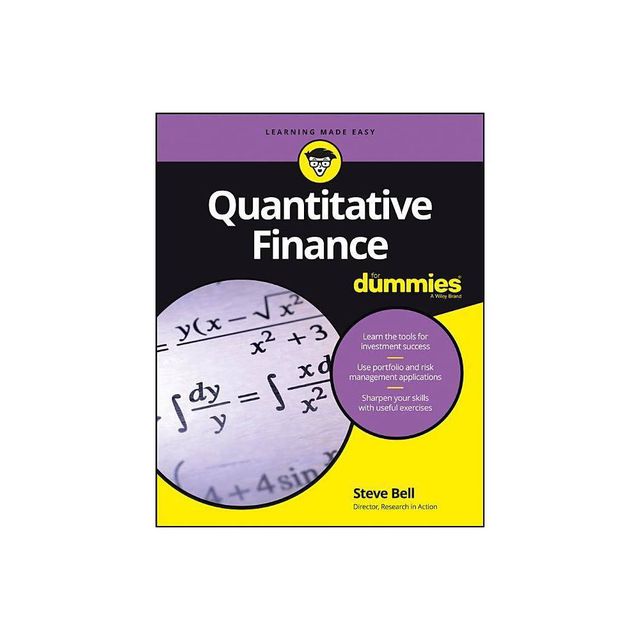Home
Ethics in Quantitative Finance: A Pragmatic Financial Market Theory
Loading Inventory...
Barnes and Noble
Ethics in Quantitative Finance: A Pragmatic Financial Market Theory
Current price: $49.99


Barnes and Noble
Ethics in Quantitative Finance: A Pragmatic Financial Market Theory
Current price: $49.99
Loading Inventory...
Size: OS
*Product Information may vary - to confirm product availability, pricing, and additional information please contact Barnes and Noble
This book presents an ethical theory for financial transactions that underpins the stability of modern economies. It combines elements from history, ethics, economics and mathematics to show how these combined can be used to develop a pragmatic theory of financial markets.
Written in three sections; section one examines the co-evolution of finance and mathematics in an ethical context by focusing on three periods: pre-Socratic Greece, Western Europe in the thirteenth century and North-western Europe in the seventeenth century to demonstrate how the historical development of markets and finance were critical in the development of European ideas of science and democracy. Section two interprets the evidence presented in section one to provide examples of the norms reciprocity, sincerity and charity and introduce the pragmatic theory. Section three uses the pragmatic theory to interpret recent financial crises, address emergent phenomena and relate the theory to alternative contemporary theories of markets.
Presenting a unique synthesis of mathematical and behavioural approaches to finance this book provides explicit ethical guidance that will be of interest to academics and practitioners alike.
Written in three sections; section one examines the co-evolution of finance and mathematics in an ethical context by focusing on three periods: pre-Socratic Greece, Western Europe in the thirteenth century and North-western Europe in the seventeenth century to demonstrate how the historical development of markets and finance were critical in the development of European ideas of science and democracy. Section two interprets the evidence presented in section one to provide examples of the norms reciprocity, sincerity and charity and introduce the pragmatic theory. Section three uses the pragmatic theory to interpret recent financial crises, address emergent phenomena and relate the theory to alternative contemporary theories of markets.
Presenting a unique synthesis of mathematical and behavioural approaches to finance this book provides explicit ethical guidance that will be of interest to academics and practitioners alike.


















